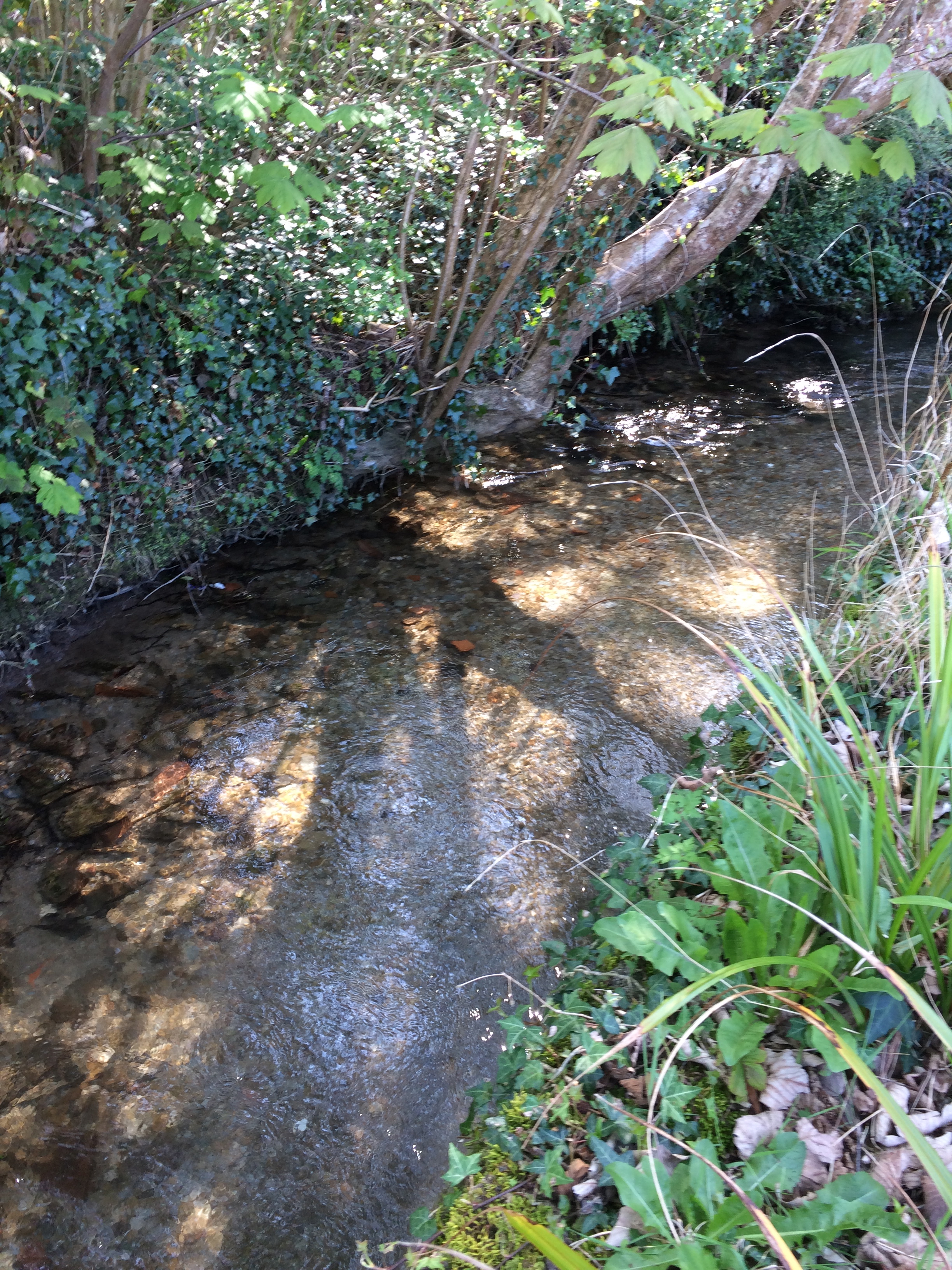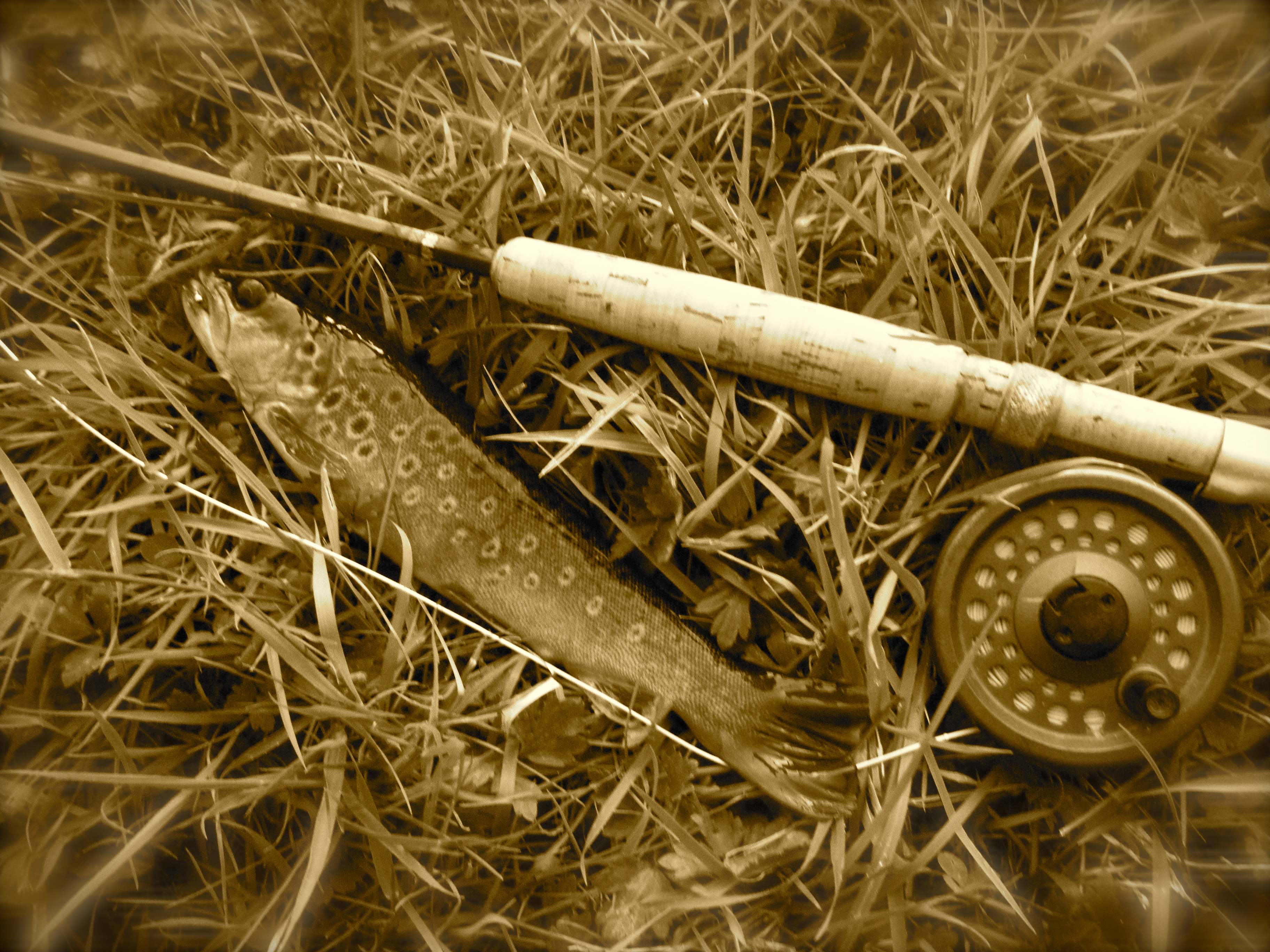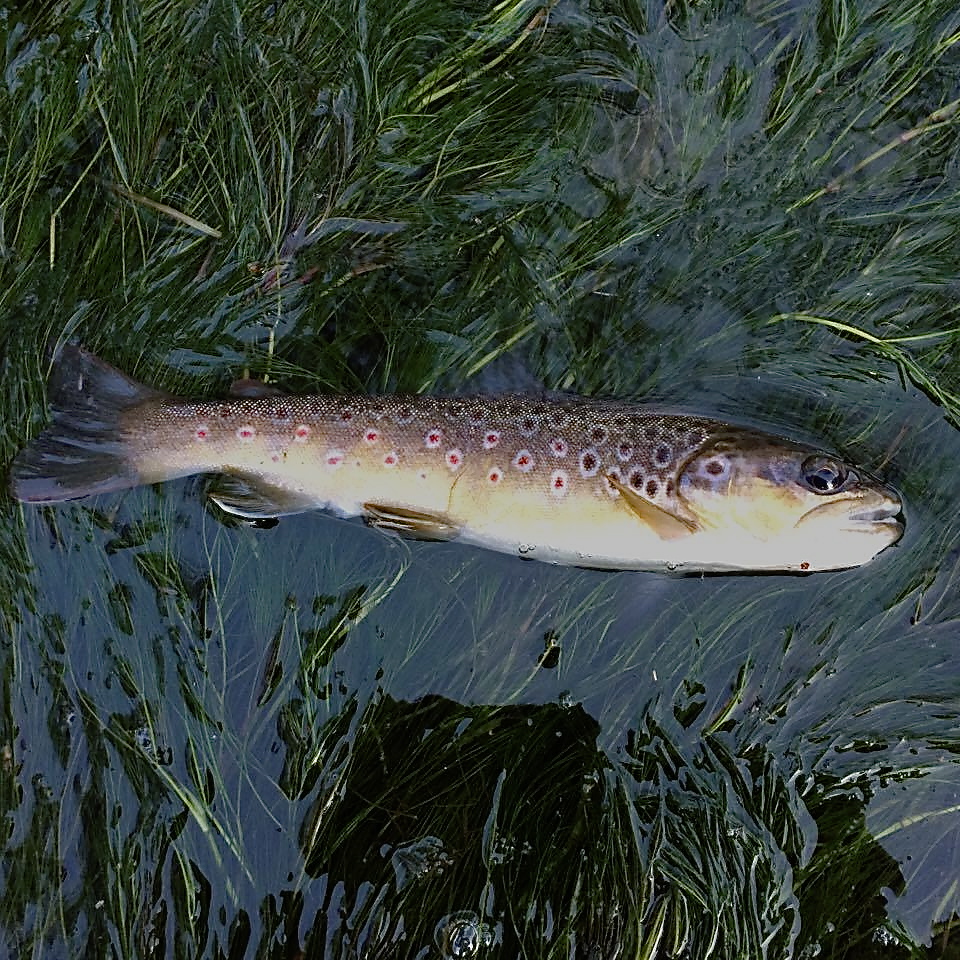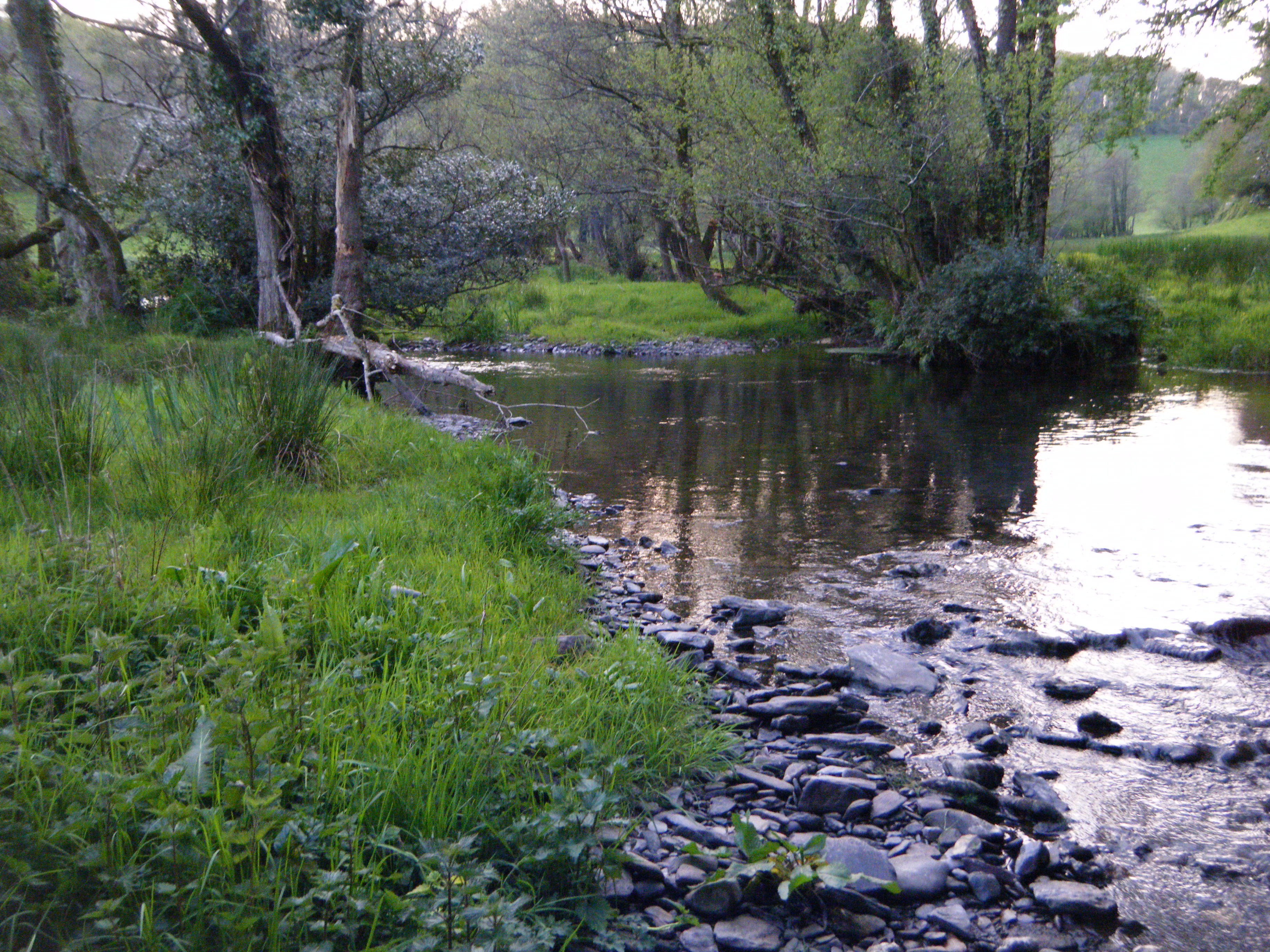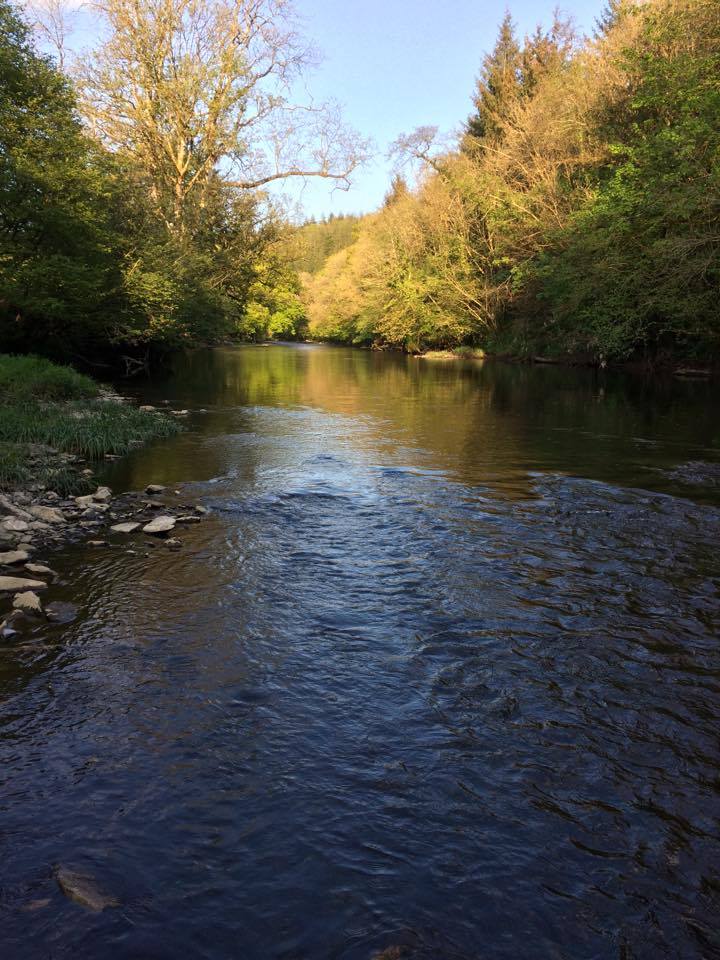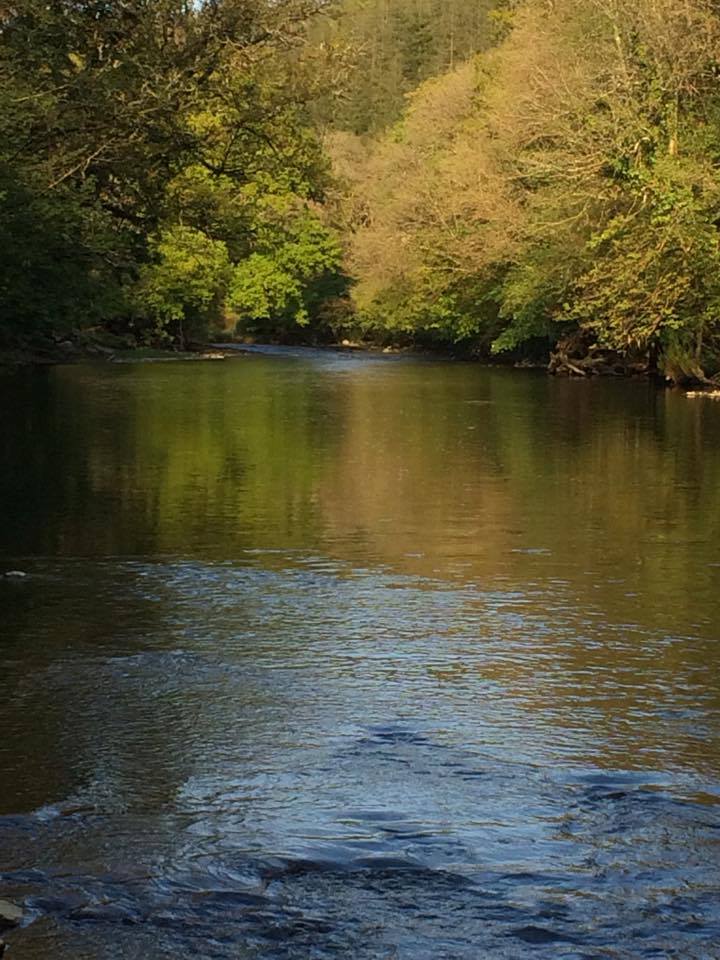Spring seems to be in the air today and thoughts are turning to running water, spring salmon and crimson spotted wild trout that thrive in Devon streams.
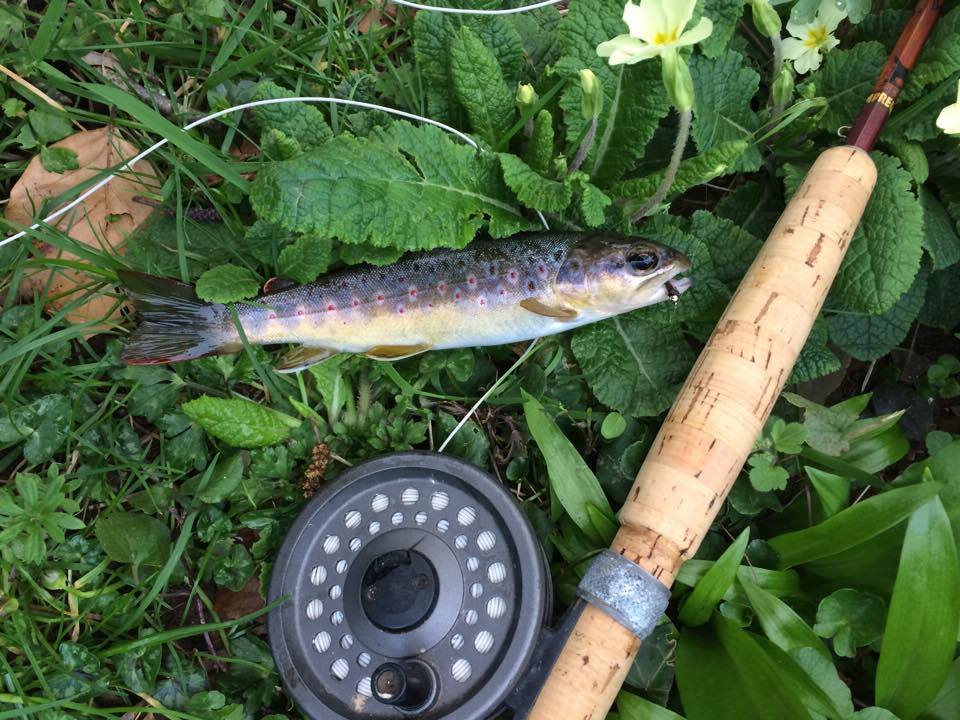
We must not take these delights for granted as there are threats to these vital arteries of the land brought home to me as I read through the latest emails from Chairman of the River Taw Fisheries Association Alex Gibson.
Open the below link to see what a badly managed dairy operation can do. The pollution here was on the Taw system, but fortunately did not affect the main stem of the river. Nevertheless the damage to fish stocks was extensive. If you come across anything of this kind when at or around the river please report it immediately to the EA Emergency Hotline – 0800 807060
https://www.gov.uk/government/news/dallyns-dairy-stream-thick-with-cattle-dung-near-barnstaple
The Pollution Threat from Sewage Treatment Works (STWs) on the Taw System
As we are all well aware, the importance of water quality in our river cannot be overstated.
The Committee has come across a new, to us, cause for concern in this area, namely the STWs on our system which are owned and managed by South West Water (SWW). Simply put – Are these STWs currently fit for purpose and will they be fit for purpose when all the planned house-building in our catchment’s towns and villages has been completed? For example, South Molton is planning over 1,200 homes and Chulmleigh over 90. Is the right amount of maintenance being carried out by SWW and is sufficient investment committed for the future?
There are at least 35 STWs on our system, all of which discharge into the main stem or its tributaries. SWW like other water companies runs STWs on the basis of “operator self-monitoring” which immediately raises an amber or even red warning light in our opinion. Also there is a question about how rigorous the Environment Agency is or indeed can be in this area given recent cut-backs.
This is not a Taw specific problem and we have raised it regionally with South West Rivers Association so that individual rivers in the south-west can take their own action. From discussions with Angling Trust we understand that they are aware that this is a national problem and are working with World Wildlife Fund.
As for the Taw specifically, we are working with Fish Legal to discover whether in relation to STWs the EA is fulfilling its role to protect and improve river quality under the Water Framework Directive and carrying out its duties towards fishermen. Other initiatives to raise awareness of this problem are being undertaken.
The Committee believes it is important that members are aware of this threat, particularly those who fish directly below STWs. Any obvious signs of pollution from STW sources should be reported to the EA emergency hot-line – 0800 807060. Also, as we understand more about the STW situation it may be that we will need to mount a campaign with the support of our membership.
Alex Gibson


